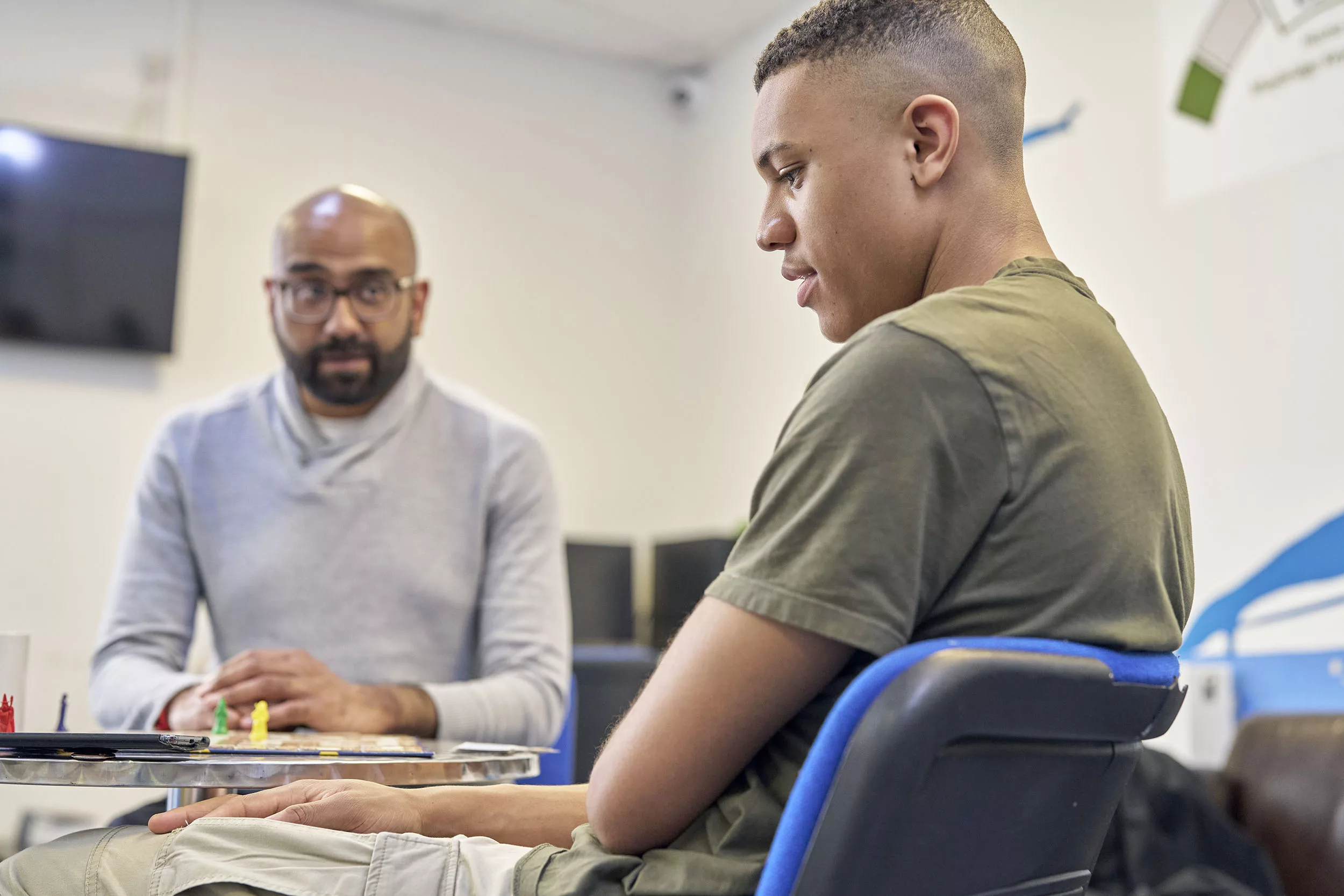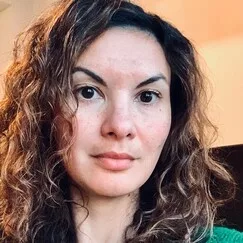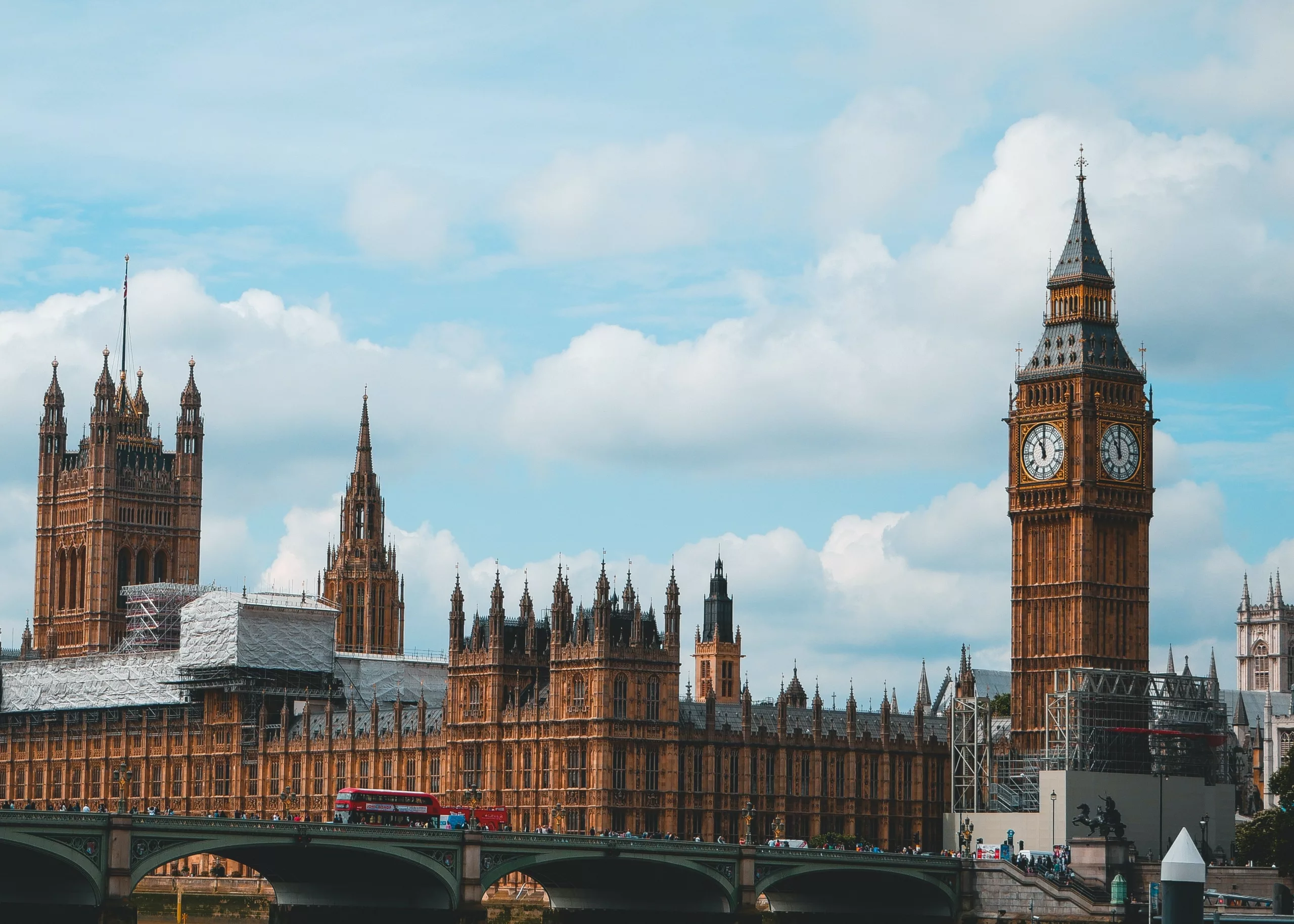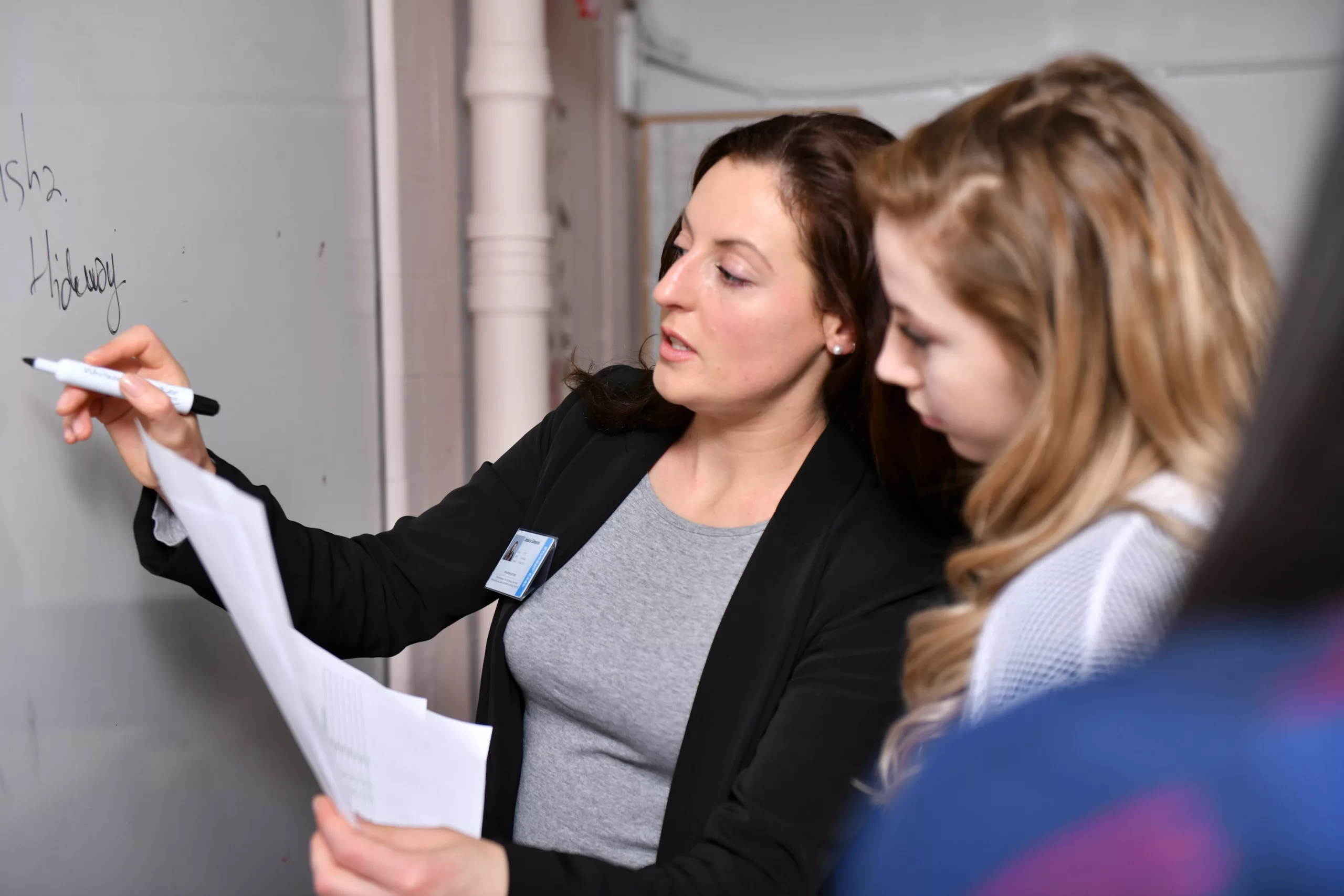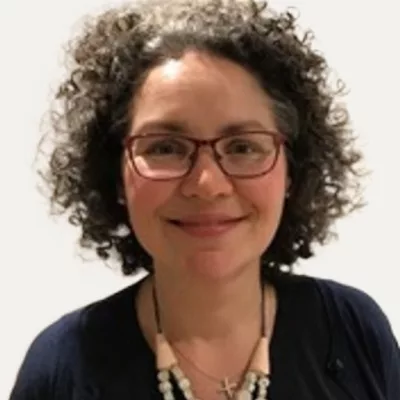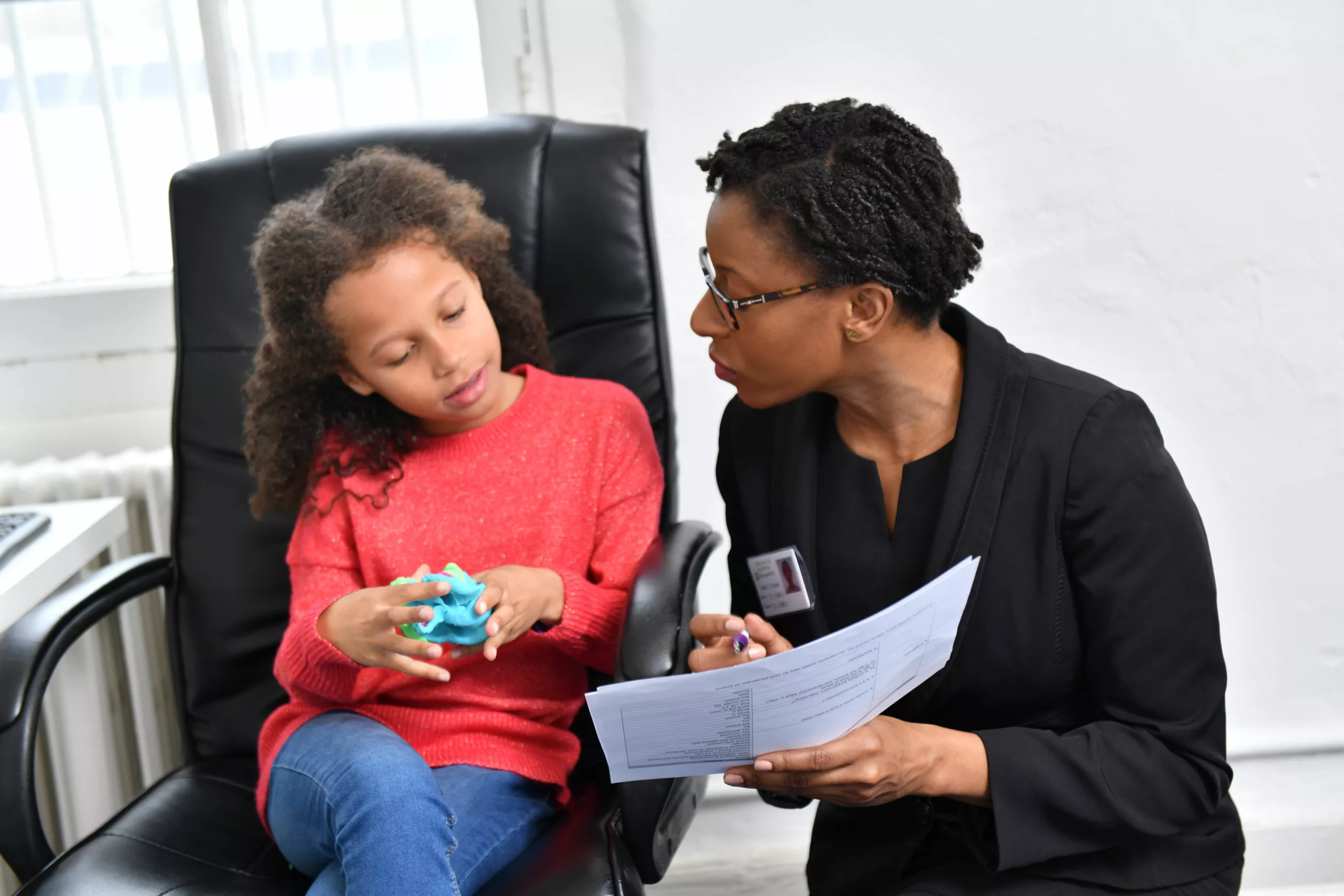It has been two years since myself and the team at the Independent Inquiry into Child Sexual Abuse (IICSA) published our research report People don’t talk about it, which aimed to amplify the experiences and views of more than 80 individuals across a range of ethnic minority communities, including victims and survivors. While much has happened since June 2020, the report continues to provide a poignant reminder that there is still much work to be done to ensure that the voices of survivors from ethnic minority communities are heard.
Before we delve into the research, it is important to note that conversations surrounding ethnicity can often fail to recognise and take into account the other overlapping identities held by the individuals within different communities, such as age, class, gender and disability. Combining different aspects of identity, while ignoring others, can make it difficult to see and understand the factors behind different perceptions and experiences within and between groups. While accounts may have qualities in common, what must be acknowledged is that all experiences are not all the same; regardless of gender, background or ethnicity, the uniqueness of survivors’ experiences must be recognised and understood.
One main area of focus for the research was barriers to talking about child sexual abuse, with many participants highlighting the impact of reporting on the community and family. For example, some described fears that speaking out could reinforce existing negative perceptions about ethnic minority communities. Impacts such as this were seen to affect both disclosures and responses to abuse, and in many cases, the perceived needs of the community were seen to be prioritised over those of the victim and survivor.
That we might think, “Oh, we’re not telling because we’re keeping it within our ethnic minority group”. But what it is, is the importance of the group against the individual, isn’t it? It’s, we may have been raised to defer and think our loyalty to the group, to the family, to the community, should be more important than our own sense of right and wrong.
Female focus-group participant
A key observation described by participants was cultural stereotyping and in particular, how this affected the response to child sexual abuse. As well as a perception that in some cases, institutions were too ‘white’ and lacked cultural identities and diversity, participants believed that some professionals and institutions were influenced by a fear of being perceived as racist. This was seen as leading to non-action or inappropriate action in response to child sexual abuse in ethnic minority communities.
I just wish social services just barged in and took me into care, and took me and my siblings into care … but they were so intent on not coming across racist or coming across culturally insensitive, that they forgot about the person that was being hurt here.
Female focus-group participant
Survivors described a fear of not being believed if they spoke out about sexual abuse, and in some communities there may be denial that child sexual abuse occurs at all. A male victim and survivor with Jamaican heritage described how he was blamed by his father for ‘allowing’ the sexual abuse to happen, for not being ‘man-enough’ to stand up for it, particularly as the abuse had been perpetrated by women.
Expectations about gender within ethnic minority communities was more widely linked to the way that child sexual abuse was viewed and responded to. For example, participants described how boys and men often felt less able to talk about sexual abuse, and in some South Asian communities, abuse was seen as having a negative impact on marriage prospects for girls.
For child sexual abuse to take place would basically [mean to] have sex outside of marriage, […] so it’s like this whole stigma attached to you as well as being damaged goods.
Female focus-group participant
The research also identifies challenges in recognising sexual behaviours as right or wrong, and misconceptions about cultural differences in what constitutes acceptable behaviour. One participant recalled being told by her white social worker that her experiences were not sexual abuse but were ‘part of her culture’. She later asked her Muslim psychiatrist whether her experiences were part of her culture, and he clarified that the behaviours were in fact sexual abuse.
In discussions around suggestions for change, some participants saw community leaders and religious leaders as potentially playing a role in raising awareness and changing attitudes towards child sexual abuse. Sex education was also cited as another key route to equipping children with greater knowledge and understanding. One participant described how she was unable to articulate what was happening to her until Childline visited her school and explained what sexual abuse was.
So five years not having a name for what was going on with you. And it’s like this — like an itch you can’t scratch. Something is wrong but you just don’t know what it is. And them coming into the school and just giving the vocabulary, the awareness of it, it was like, "Oh my gosh" you know, it was empowering.
Female focus-group participant
Beyond shining a light on the accounts of victims and survivors, I believe we must work to help ensure their experiences are learnt from. In addition to this research, the Inquiry engaged with over 100 organisations across England and Wales to better understand the unique cultural barriers that might affect survivors of child sexual abuse from ethnic minority communities, and how we can seek to overcome them. This will all help to inform the Inquiry’s final report, which is due to be published later this year.
For help and support, you can access information on a range of organisations signposted on the Inquiry’s support page.

